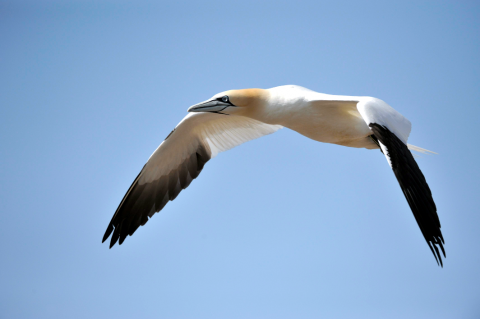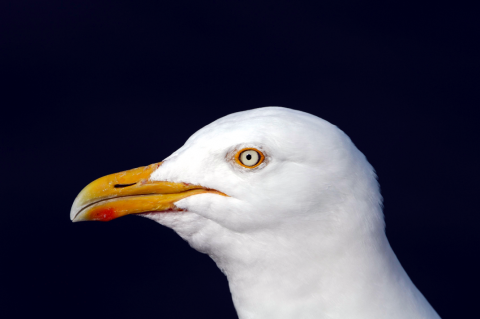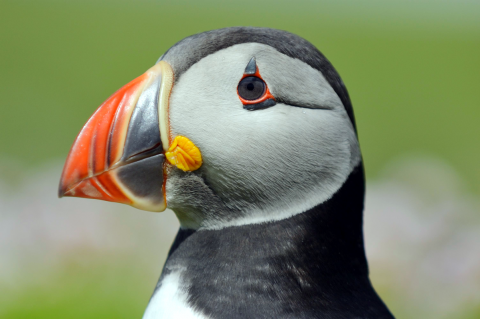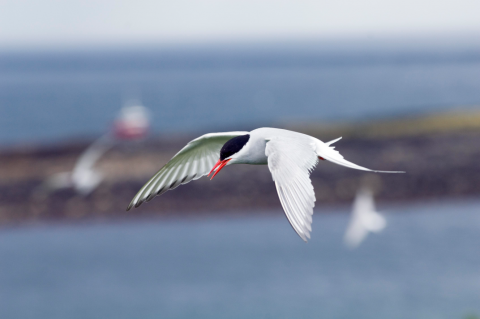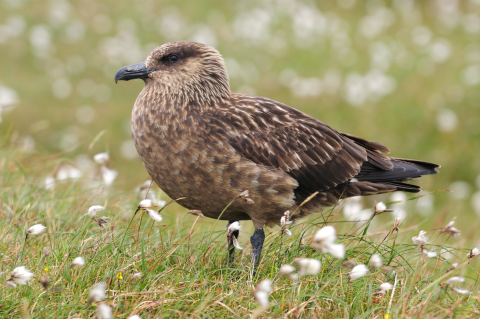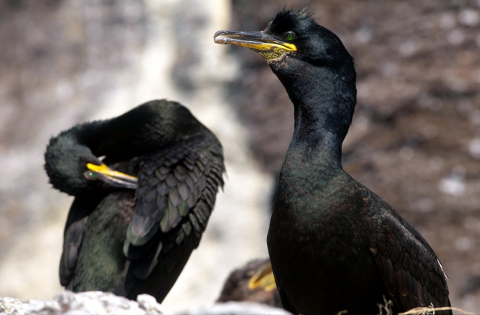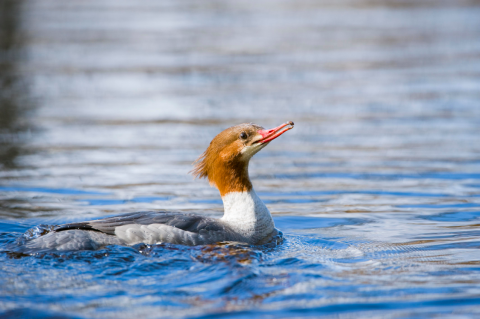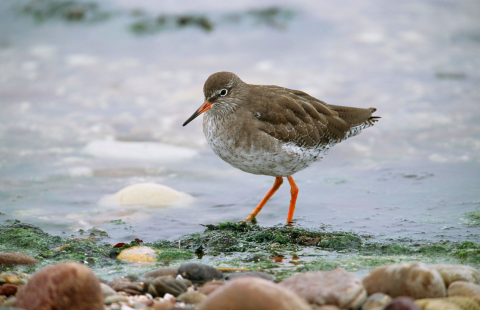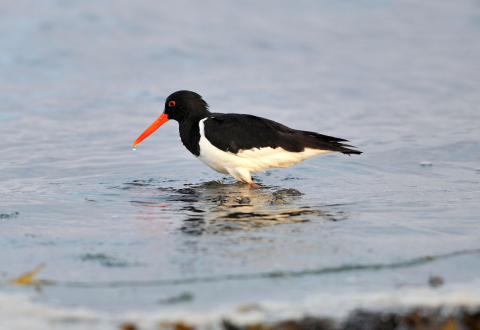Natural resources
Cultural services
Seabirds and waterbirds provide some of Scotland’s most spectacular and popular wildlife watching and sensory experiences with nature, at both coastal sites (e.g. at cliff colony nesting sites) and at sea. Opportunities for research, artistic inspiration, recreational enjoyment and wildlife tourism are significant, even though they are sometimes in remote locations. Many of these species visit Scotland during far-ranging migrations, or leave for distant overwintering grounds after breeding, providing much fascination and an ecological connection to other nations. Waterbird aggregations often occur during the winter, when other prospects for recreational enjoyment and wildlife tourism are more limited. Awareness, enjoyment & understanding can be made more available to the wider public through media and other communication outlets, enhancing seabird populations as a socially valued resource that contributes to Scotland’s identity, global reputation and the health/well-being of people.
Functions
Regulating services
The large populations of some birds, particularly those species with generalist or scavenging feeding habits, makes a recognised contribution to the breakdown and cycling of various organic debris and waste, helping to maintain clean water and sediments. However, human waste (particularly plastics) is increasingly being consumed by seabirds, compromising their survival and ability to continue positive aspects of this function. Some of the nutrients processed by seabirds are returned to land where they nest, creating and supporting some terrestrial habitats and species.
Supporting services
The benefits of seabirds and waterbirds are underpinned by natural processes and interactions as part of coastal and marine food webs, including through:
- Biomass production
- Predator-prey interactions
- Nutrient cycling
Ensuring these natural processes continue enables the ongoing supply of a wide range of benefits to people and nature.
Benefits for people
- Health and well-being
- Knowledge
- Clean water and sediments
- Spiritual / cultural
- Wildlife watching
- Aesthetic benefits
- Jobs and business
- Tourism and recreation


